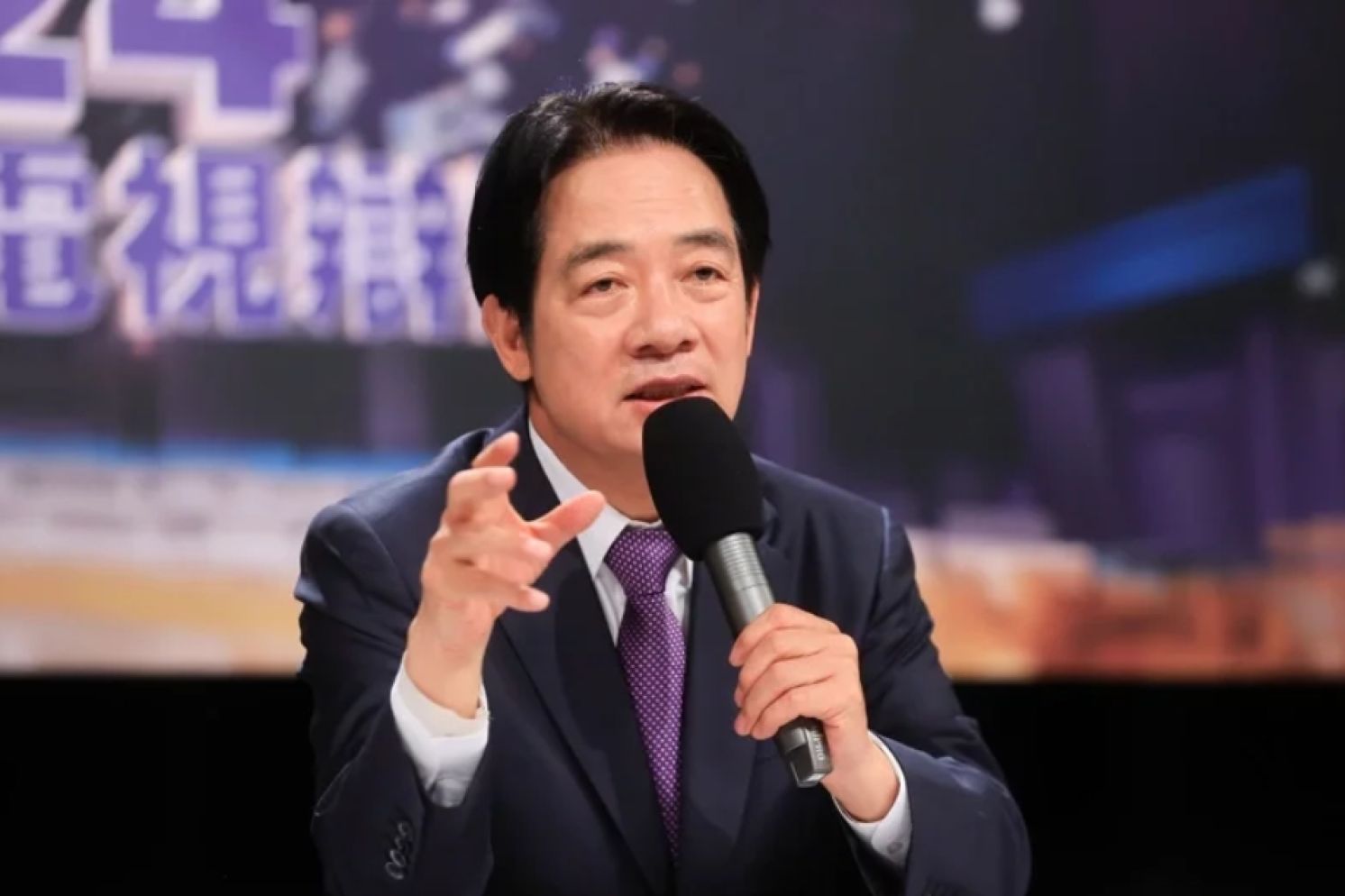
Mutual Non-Denial Shaken:Mainland Denies Taiwan's Governing Authority
China Times, July 4, 2024
Taiwanese fishing vessel "Da Jin Man 88" was detained for fishing in mainland waters during China's fishing moratorium. The interpretation of cross-strait relations by the Democratic Progressive Party (DPP) administration, which asserts mutual non-subordination between two nations, has prompted China to respond by completely denying our governance rights. Failing to respond appropriately will continue to erode our government's authority. According to the Constitution and the Act Governing Relations between the People of the Taiwan Area and the Mainland Area, the essence of cross-strait relations should embody "mutual non-recognition of sovereignty, mutual non-denial of governing authority." The former reflects the Republic of China’s sovereignty over mainland territories, while the latter acknowledges our effective administration limited to Taiwan, Penghu, Kinmen, and Matsu. During the administration of President Ma Ying-jeou from 2008 to 2016, the mainland fully respected Taiwan's governance and jurisdiction, illustrating adherence to this principle.
Since Lai Ching-te took office as president, the foundation of "mutual non-denial" has been shaken. It began with Taiwan telecom fraud suspects overseas being extradited to mainland China. The United States bolstered Taiwan relations, with then House Speaker Nancy Pelosi visiting Taiwan, prompting China to completely deny the median line in the Taiwan Strait and significantly expand strategic activities, recently encroaching further into northeastern Taiwan. The detention of the fishing vessel "Da Jin Man 88" is another example. The mainland's fishing moratorium isn't unique to this year. As local fishermen in Penghu point out, even during past moratoriums, Taiwanese fishing vessels caught in mainland waters were at most escorted away by Chinese coastguards. The implication is that Chinese coastguards were aware of our fishing vessels' violations but still respected our administrative jurisdiction, affording Taiwanese vessels special treatment.
Facing the mainland, Taiwan should employ strategic ambiguity to buy time and space. However, since the collision incident near Kinmen on February 14, Taiwan has explicitly asserted restricted waters between Kinmen and Xiamen, effectively denying mainland China's jurisdiction. Subsequently, Chinese coastguards began routine patrols in these restricted waters. President Lai’s clear advocacy of a “Two State Theory” and all administrative departments emphasizing a two-state relationship break the framework of our current "One Country, Two Areas" approach. Beijing's response to uphold the “One China” principle now involves "mutual denial," completely rejecting Taiwan's sovereignty and governance rights. The "22 Measures to Punish Taiwan Independence" outline punishments for Taiwanese citizens accused of separatist acts, undermining Taiwan's judicial jurisdiction.
In the aftermath, the government claims the detention of "Da Jin Man 88" occurred in entering mainland Chinese territorial waters, while subtly reinforcing the two-country theory. Conversely, it urges cross-strait negotiations for resolution. However, all cross-strait agreements and negotiation mechanisms are founded on the ambiguous principle of "mutual non-denial." Does the DPP administration intend for its Ministry of Foreign Affairs to negotiate with the mainland? From the extradition of telecom fraud suspects, denial of the median line in the Taiwan Strait, disregard for restricted waters near Kinmen, to treating Taiwanese fishing vessels as mainland ones, China is systematically extending its administrative jurisdiction into Taiwan. Without a return to Taiwan's constitutional framework and other legal norms defining cross-strait relations, the ultimate sacrifice could be the DPP administration’s governance rights and the people's interests.
From: https://www.chinatimes.com/newspapers/20240704000563-260118?chdtv